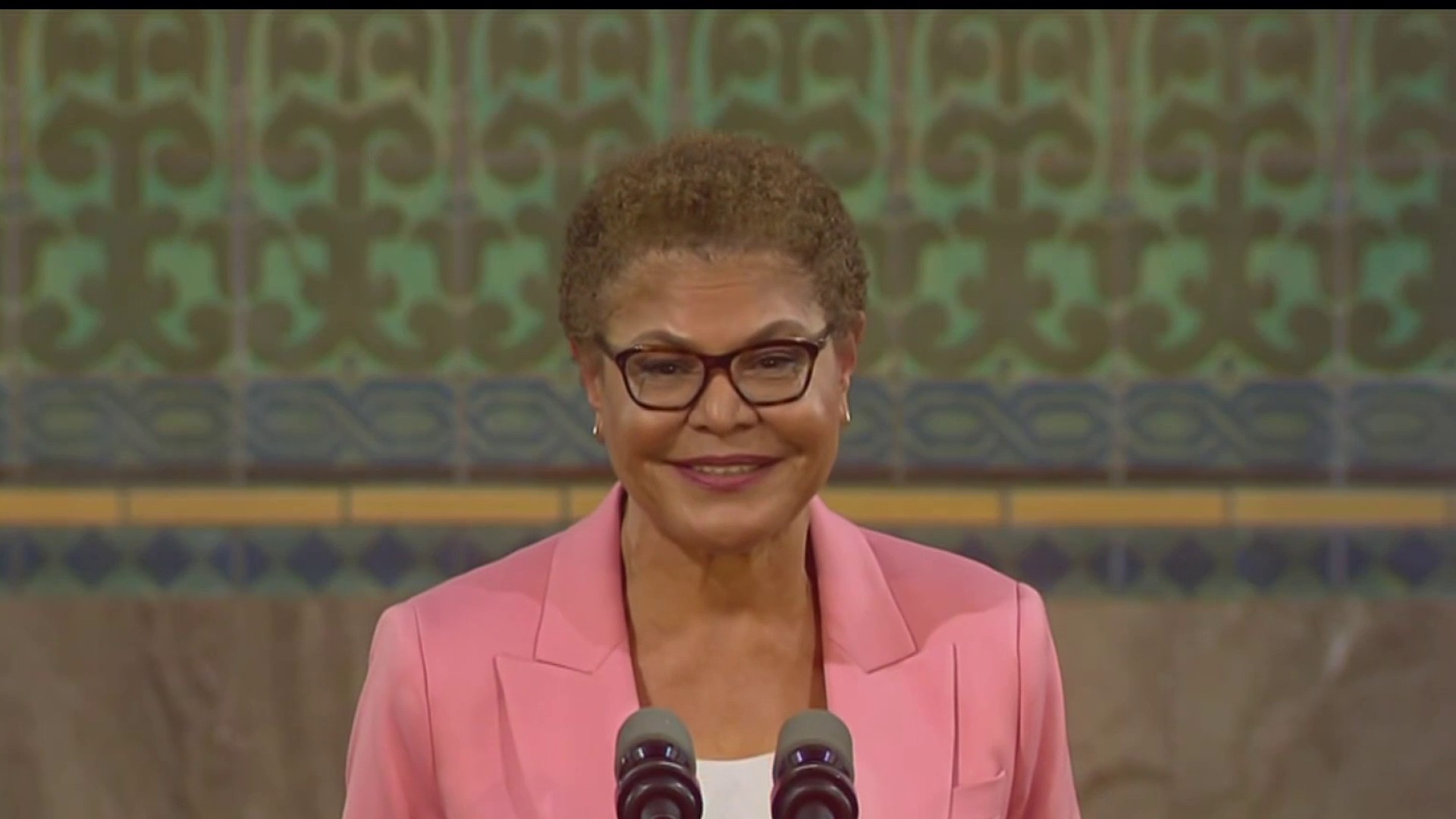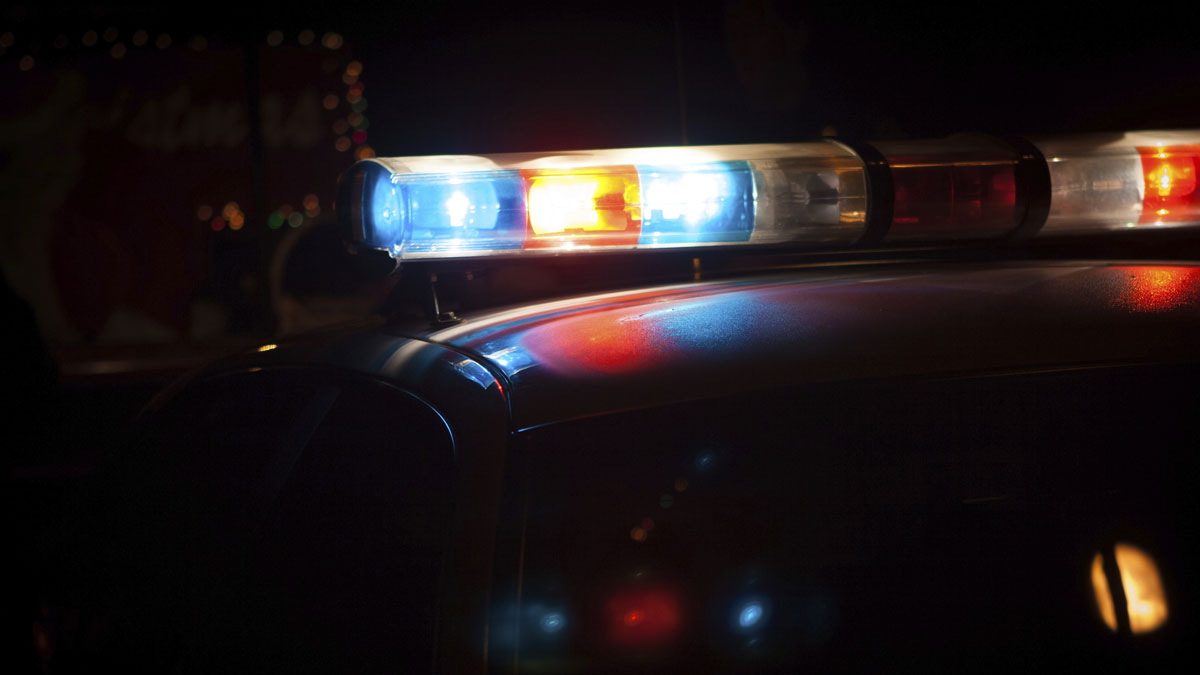The Riverside County Board of Supervisors on Tuesday directed the Office of County Counsel and other agencies to draft an ordinance that will create a permitting process for the sale and commercial cultivation of marijuana in Riverside County's unincorporated communities.
"We have lost the war on cannabis in Riverside County," Supervisor Kevin Jeffries said. "You knock one dispensary down, and another pops up. We need to develop a comprehensive licensing and taxation package. It's a complicated issue. Somewhat emotional. But with the appropriate regulations, marijuana businesses will be less impactful than they are today."
The board voted 3-0 -- with Supervisor John Tavaglione absent and Supervisor Marion Ashley abstaining -- to follow the recommendations of the Cannabis Ad-Hoc Committee and begin ironing out provisions for marijuana sales transactions and farming, all of which would be taxed.
The framework will require input from a number of departments, including code enforcement and the tax collector's office, before it can be formally submitted to voters countywide for approval, which Jeffries and Supervisor Chuck Washington, the co-head of the committee, predicted would be possible no earlier than November 2018.
"Whether we ban marijuana (sales and distribution) or make it legal, it will require about the same level of staffing," Washington said. "Illegal marijuana cultivation and dispensing is happening already."
Supervisor V. Manuel Perez said successful implementation of marijuana regulations by municipalities in his Fourth District, including Cathedral City and Coachella, should prove instructive as the county moves forward.
"Do we want open-air farming of marijuana or greenhouses? How do we ensure there's no high-cost barrier to entry?" he said. "Do we want big corporations doing this or small farmers?"
News
Top news of the day
Supervisor Marion Ashley emphasized his dislike of marijuana use, calling it a "moral issue." He also pointed out that most of the cities within his Fifth District -- with the exception of Perris -- were against legitimizing marijuana sales activity.
"I think this is wrong," Ashley said. "On the other hand, if we don't do anything at all, it's going to be worse. I feel conflicted. Maybe this is the best we can do, but I don't feel happy about it."
All speakers who addressed the board expressed support for dropping prohibitions against marijuana activity.
"I would ask you to accelerate this ordinance as quickly as possible," said Nicholas Ortega of Riverside. "Further delays will only allow the gray and black markets to continue to flourish."
The committee focused on adapting the county to new realities stemming from the approval of Proposition 64, the Adult Use of Marijuana Act, last November.
The act made it legal for individuals 21 years and over to use marijuana recreationally -- not just as a medical remedy for various conditions. It also legalized personal marijuana grows limited to six plants per individual within enclosed structures, as well as the possession of 28.5 grams of raw product and eight grams of concentrated cannabis.
The state law that laid the groundwork for the proposition, the Medical Cannabis Regulation & Safety Act of 2015, was clarified and streamlined under a unified regulatory structure established by Senate Bill 94, which the governor signed into law on June 27. The new regulatory scheme is now operative under the Medicinal & Adult-Use Cannabis Regulation & Safety Act.
The committee took those facts into consideration in coming up with an outline for how the county might successfully regulate cannabis sellers and collect taxes from them.
Jeffries and Washington said a licensing regime for commercial activity would mean prospective vendors being closely vetted and the "illegal market" might dry up, with sales no longer part of the "underground" economy.
They acknowledged, however, that the legal retail market may suffer if taxes are too high. Under Prop 64, there's a 15 percent statewide excise tax on all cannabis-related retail sales transactions -- on top of existing general sales and use taxes -- as well as a $9.25 per ounce cultivation tax for cannabis flowers and $2.75 per ounce tax for dried cannabis leaves.
Tentative estimates put county revenue generation from cannabis taxation at between $10 million and $25 million annually.
Five cities within Riverside County have established a permitting process for commercial grows -- Cathedral City, Coachella, Desert Hot Springs, Palm Springs and Perris, according to the Office of County Counsel.
Attorneys said most of the county's existing regulations prohibiting the cultivation and use of marijuana were not automatically undone by Prop 64.
County Ordinance No. 928 does not permit mobile or stationary marijuana dispensaries to operate in unincorporated areas, and Ordinance No. 925 permits medical marijuana patients and their caregivers to cultivate up to 24 cannabis plants on private property, though all cultivation is prohibited within 1,000 feet of schools, parks and daycare centers. Growers are also required to have their pot plants hidden from view, in secure locations.
The U.S. Drug Enforcement Administration still views marijuana as a Schedule 1 narcotic prohibited under the federal Controlled Substances Act.



